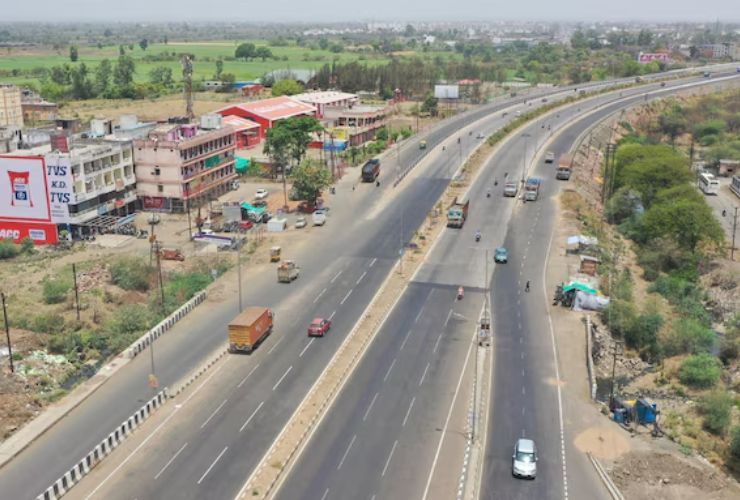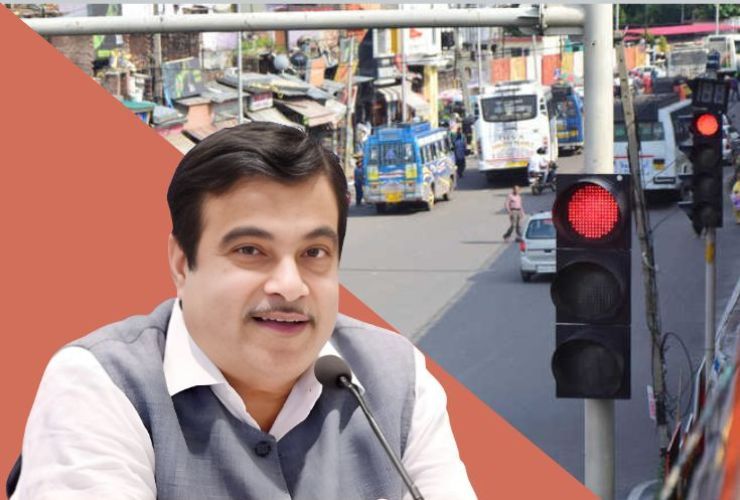India Receives Prince Michael Road Safety Award


The Indian government has been awarded the Prince Michael Decade of Action Road Safety Award, the highest recognition in the field, for its significant strides in ‘improving vehicle safety’ over the past decade. It acknowledges India's efforts in implementing a new car safety assessment program adhering to better safety standards (and standing closer to many global r
egimes) and making anti-lock braking systems (ABS) mandatory for all new two-wheelers.
The award was presented at the 4th Ministerial Conference on Road Safety in Marrakech, where leaders from various countries gathered to devise strategies for reducing road fatalities by 50% by 2030. Alongside India, the Kingdom of Morocco was also recognized for its road safety initiatives.
Ajay Tamta, Minister of State for Road Transport and Highways, received the award on behalf of the Indian government. Reading the Citation, he said “Following the first independent crash test ratings of Indian cars in 2014, the road transport and highways ministry announced a new framework of vehicle safety standards.”
In 2018, the Ministry of Road Transport and Highways laid out a roadmap to align India's vehicle safety standards with European benchmarks by 2023. Since then, India has introduced several key safety measures, including stricter crash test norms, enhanced safety features in vehicles, and mandatory ABS for two-wheelers.

While the country has made major advancements in vehicle safety, road fatalities remain a significant challenge. Unlike in developed countries, a large number of victims in India are vulnerable road users, such as pedestrians, cyclists, and two-wheeler riders. In 2023 alone, 1.73 lakh people lost their lives in road accidents, highlighting the urgent need for further improvements in road infrastructure, driver education, and enforcement of traffic regulations.
The recognition at the international level serves as a testament to India's commitment to road safety and vehicle safety reforms. Safer cars and motorcycles would definitely contribute to bringing the crash and fatality counts down. So would the infrastructure development. However, human errors and deliberate aggression would still continue to claim lives.
Thus strict enforcement of the law needs to be done alongside making safer cars. The government plans to have a strong focus on this as well. Strengthening enforcement, improving road design, and promoting awareness to achieve the global goal of halving road deaths by 2030 will all be done in the upcoming years..
Union Minister Nitin Gadkari has flagged India’s rising road accidents and road safety standard multiple times. The government is currently building high-quality highways and road networks across the nation. He also said previously that strict actions will be taken against contractors who compromise on the quality of these highways.

To further enhance safety, MoRTH has also proposed a new healthcare scheme that would provide cashless treatment to accident victims. People will be able to avail this during the golden hour after the accident. The government is now rolling this out in a phased manner.
Gadkari thinks that the biggest problem among Indians is the lack of respect for laws. Many citizens are no longer afraid of legal actions or penalties. Jumping Red signals, not wearing helmets, not using seatbelts have all become everyday violations.
He further thinks that there are four factors that could reduce accidents- ad engineering, automobile engineering, enforcement of law and people’s education. All these are reportedly being addressed from a governmental point.